Assets from 42 billion to under 1 billion USD
According to data from the Bloomberg Billionaires Index as of October 25, the net worth of Hui Ka Yan, founder of real estate company China Evergrande Group, fell below $1 billion.
The one-time tycoon in China's real estate market is no longer on Bloomberg's list of USD billionaires.
Forbes often ranks later than Bloomberg and currently counts Mr. Hui Ka-yin at 3.1 billion USD (as of October 25).
According to Bloomberg, Mr. Hui Ka-yin's current assets are $979 million after Evergrande shares fell to $0.03. Since being traded again on the Hong Kong Stock Exchange (HSE) at the end of August, the stock price has fallen 86%.
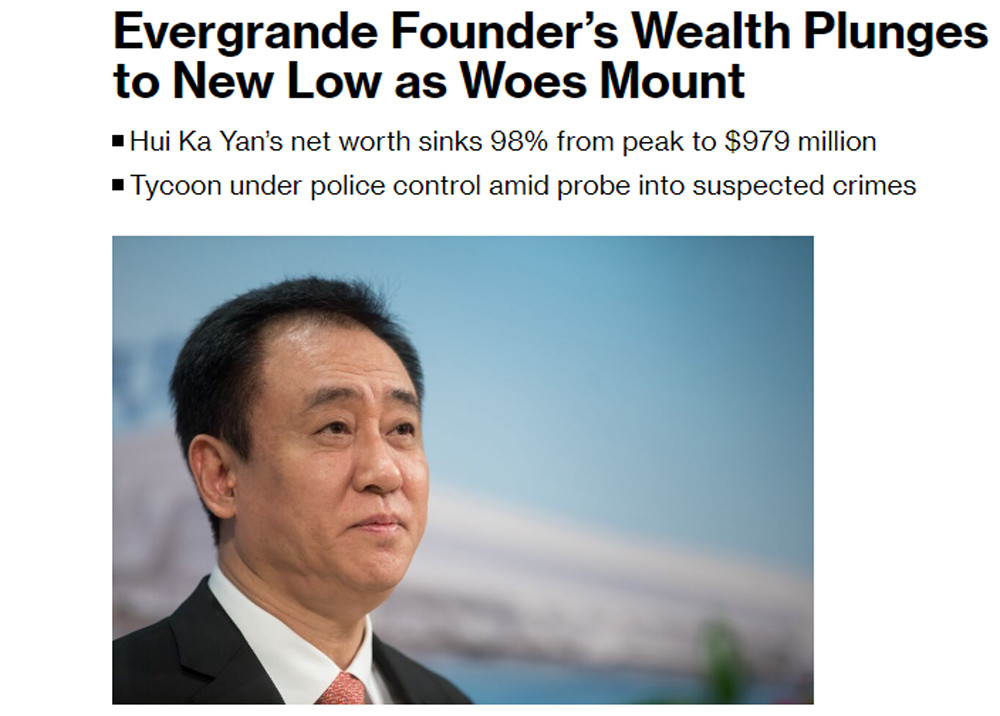
Mr. Xu Ka-yin's total assets have lost 98%. At one point, the Chinese real estate giant had assets of 42 billion USD, the second richest in Asia.
The value of Mr. Hua Gia An's assets is no longer of much interest to investors because this once famous real estate tycoon is currently being investigated to clarify suspicions of his illegal behavior.
However, this is something that many of Evergrande's creditors are concerned about.
Evergrande faces a court hearing in Hong Kong later this month in a lawsuit by creditors seeking to liquidate the company’s assets. Hui Ka-yin stands to lose all of his assets if the court rules to liquidate Evergrande.
Once creditors tear apart the assets, Evergrande shareholders could lose everything. The assets of China's former richest man - Xu Ka-yin - will be reduced to zero.
On the other hand, if the deal is successful and Mr. Xu Jiayin still holds the leadership position at Evergrande, this tycoon will still have a small amount of shares and will have to embark on a debt restructuring process that could be lengthy.
Also according to Bloomberg, Mr. Hua's wife, Ms. Ding Yumei, was identified as an independent third party in an information announcement in August. This shows that Mr. Hua and his wife have divorced and divided their assets.
Ding Yumei once owned 6% of Evergrande. At her peak, Xu’s wife was also a billionaire. Over the years, Ding has earned more than $500 million in dividends.
Real estate giant has car ambitions and a passion for football
Evergrande was founded in 1996 by billionaire Xu Jiayin and is one of the largest real estate companies in China with numbers that startle investors because of its rapid growth rate with 1,300 projects in 280 cities, 200,000 workers and indirectly maintaining 3.8 million jobs each year.
Not only has it developed explosively in the real estate sector, Evergrande has also expanded into other sectors such as electric vehicles, tourism, sports , amusement parks, food and beverage... In 2020, Evergrande bought a football team and built the world's largest football school, at a cost of 185 million USD and plans to build the world's largest football stadium with a total investment of 1.7 billion USD, with a capacity of 100,000 spectators.
With the prestige of a giant, Evergrande raised tens of billions of dollars when it announced its entry into the electric vehicle sector despite knowing nothing about technology or cars. Evergrande announced that Evergrande NEV would surpass the world's number 1 electric vehicle company, Tesla, even though its revenue is still zero. This electric vehicle company was once valued at up to 120 billion USD, double that of its parent company, and higher than large traditional car companies such as Ford or General Motors.
For many years, Evergrande has been spreading its investments and moving away from its core business.
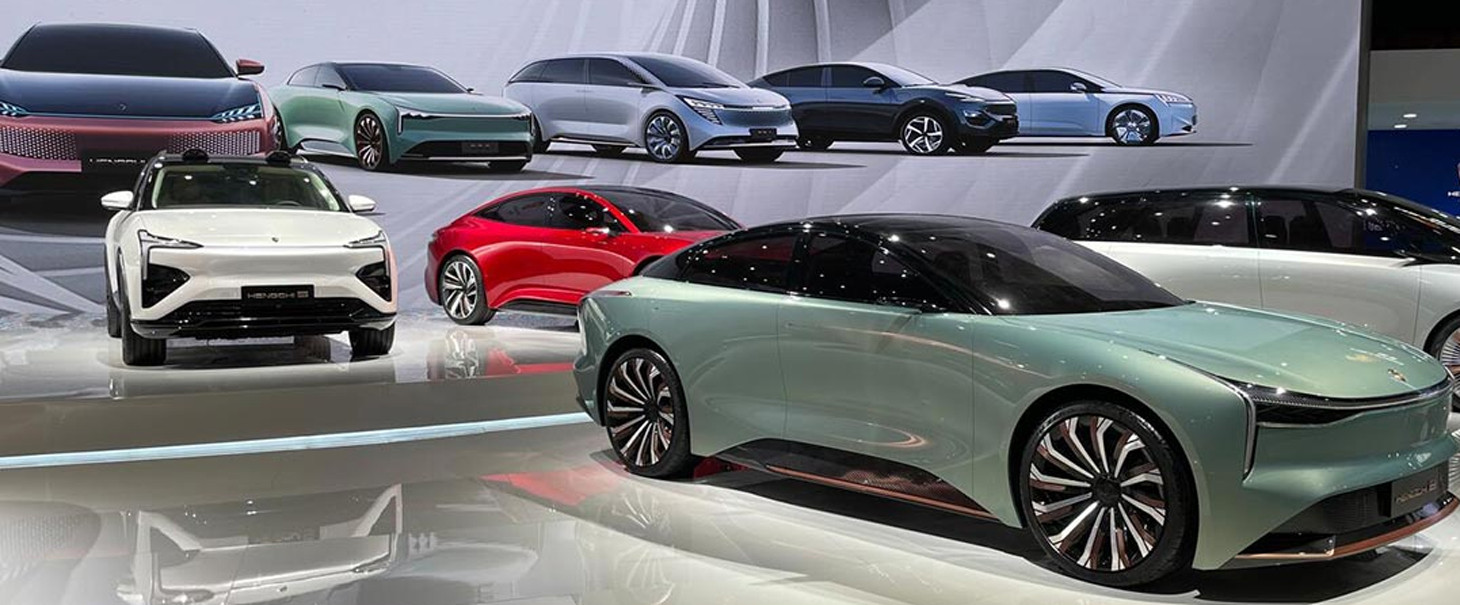
Falling off the horse after a decade of real estate boom
At his peak in 2017, Hui Ka-yin had a net worth of $42 billion, making him not only the richest man in China but also the second richest man in Asia. Hui became wealthy thanks to a decade of booming growth in China's real estate market.
However, the real estate market crisis over the past two years has caused Evergrande to continuously encounter troubles, becoming the world's most indebted real estate company and standing on the brink of the abyss. Evergrande's new CEO and CFO were also arrested in September, while the company continuously announced that it could not pay its maturing bonds.
Evergrande is still trying to convince creditors to agree to a plan to restructure its foreign debt after defaulting in 2021, Reuters reported. According to the plan announced in March, Evergrande has made many proposals, including swapping its current debt with a new batch of bonds with a very long maturity of 10-12 years.
However, Evergrande has recently failed to issue new debt.
Evergrande is China's largest real estate group but has been in crisis since mid-2021 like many other real estate businesses in the country.
The Beijing government's policy of tightening lending to real estate businesses to ensure the safety of the banking system and avoid a real estate bubble has caused difficulties for real estate businesses. That is the "three red lines" policy of the Chinese government.
Evergrande is known as a group that uses huge financial leverage to develop projects and do business in many fields. The group's total debt is about 340 billion USD, equivalent to 2% of China's GDP.
The Evergrande debt bomb has severely affected the Chinese economy . It has complicated the restructuring and rescue of this group, which has lasted for the past 2 years.
The Beijing government is still maintaining a policy of shared prosperity, curbing rising real estate prices to create cheaper housing for the people. However, this policy has also created a rare crisis in the world's second largest economy.
Recently, China has tended to support other real estate businesses such as the giant Country Garden... to avoid causing a chain collapse.
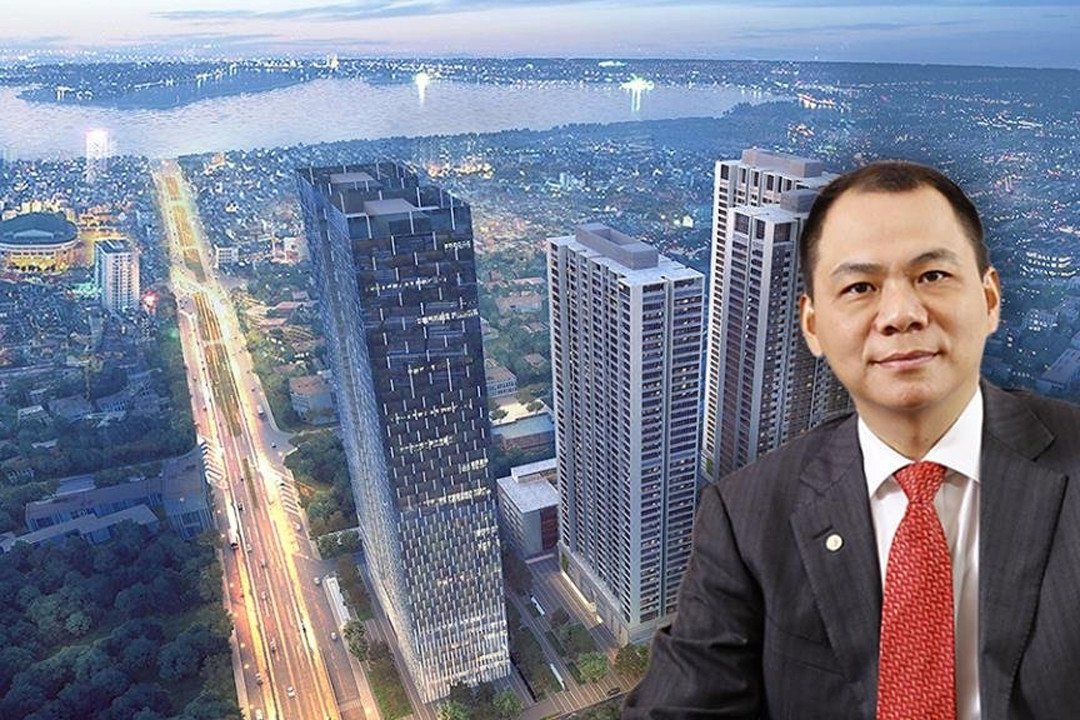
Source




![[Photo] Prime Minister Pham Minh Chinh and Prime Minister of the Kingdom of Thailand Paetongtarn Shinawatra attend the Vietnam-Thailand Business Forum 2025](https://vphoto.vietnam.vn/thumb/1200x675/vietnam/resource/IMAGE/2025/5/16/1cdfce54d25c48a68ae6fb9204f2171a)



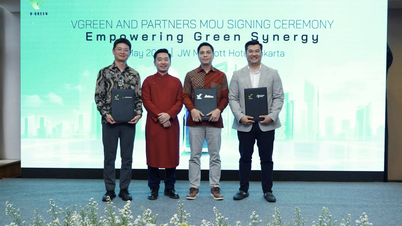




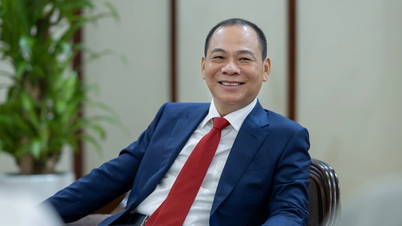



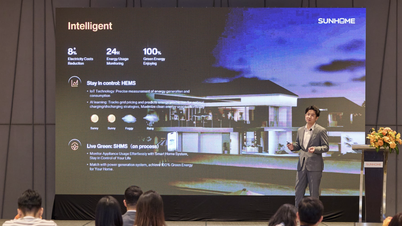













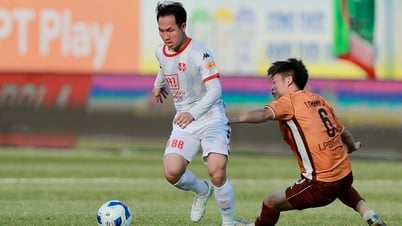
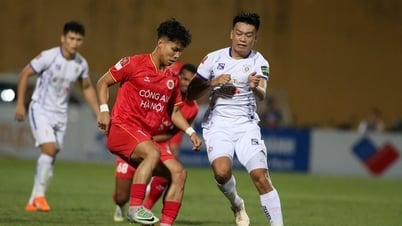




![[Photo] President Luong Cuong receives Prime Minister of the Kingdom of Thailand Paetongtarn Shinawatra](https://vphoto.vietnam.vn/thumb/1200x675/vietnam/resource/IMAGE/2025/5/16/52c73b27198a4e12bd6a903d1c218846)


































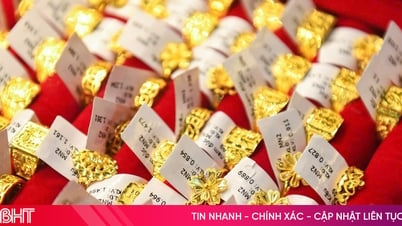

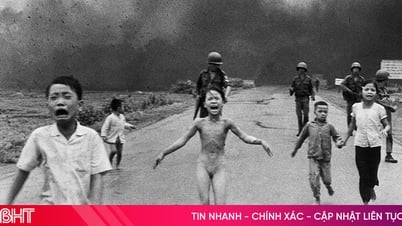
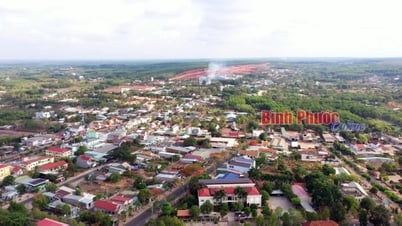
















Comment (0)